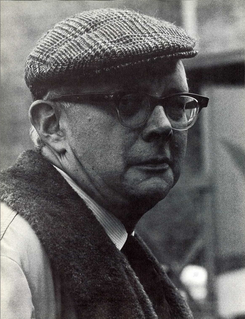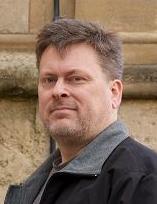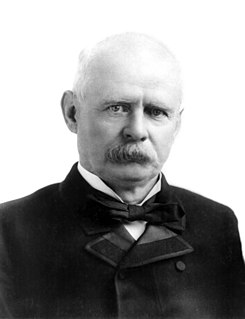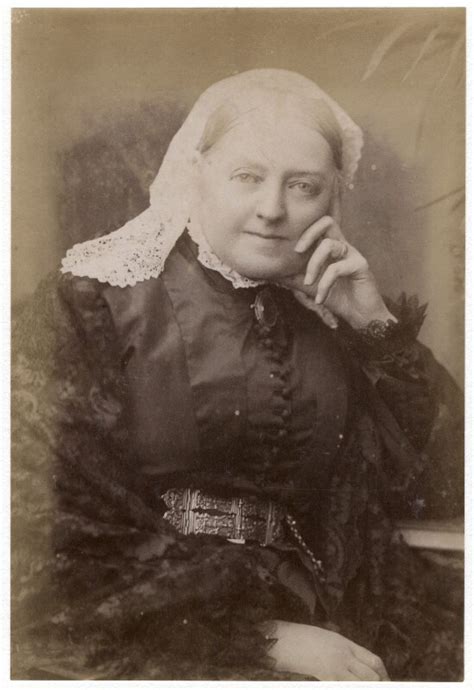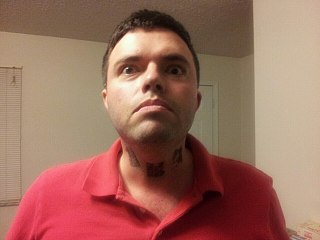A Quote by Martin Heidegger
What was Aristotle’s life?’ Well, the answer lay in a single sentence: ‘He was born, he thought, he died.’ And all the rest is pure anecdote.
Related Quotes
The prospect of his future life stretched before him like a sentence; not a prison sentence but a long-winded sentence with a lot of unnecessary subordinate clauses, as he was soon in the habit of quipping during Happy Hour pickup time at the local campus bars and pubs. He couldn’t say he was looking forward to it, this rest-of-his-life.
Eratosthenes was the director of the great library of Alexandria, the Centre of science and learning in the ancient world. Aristotle had argued that humanity was divided into Greeks and everybody else, whom he called barbarians and that the Greeks should keep themselves racially pure. He thought it was fitting for the Greeks to enslave other peoples. But Erathosthenes criticized Aristotle for his blind chauvinism, he believed there was good and bad in every nation.
Through Plato, Aristotle came to believe in God; but Plato never attempted to prove His reality. Aristotle had to do so. Plato contemplated Him; Aristotle produced arguments to demonstrate Him. Plato never defined Him; but Aristotle thought God through logically, and concluded with entire satisfaction to himself that He was the Unmoved Mover.

